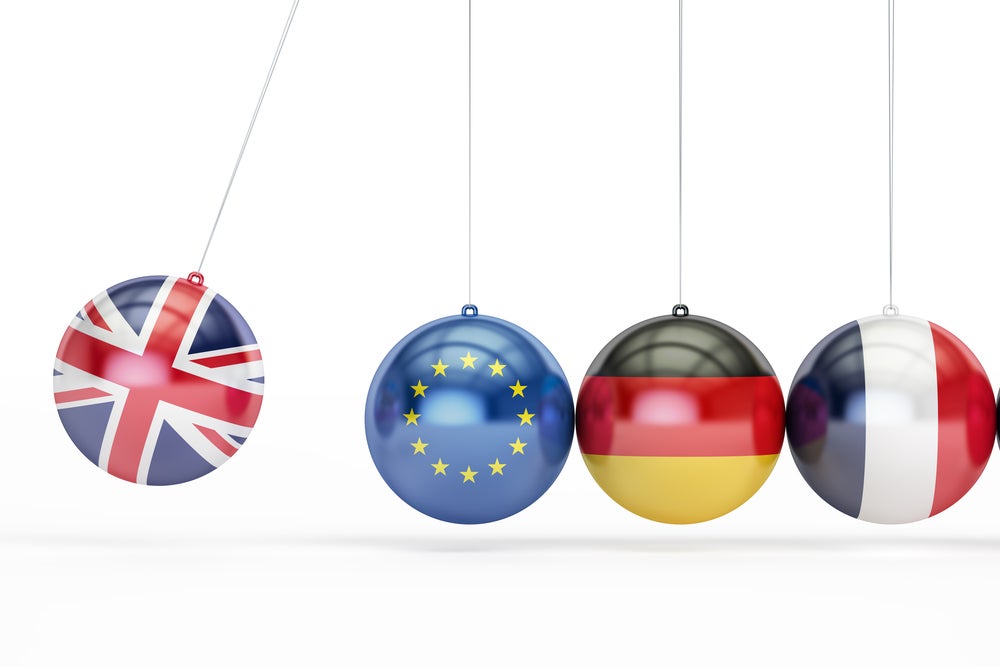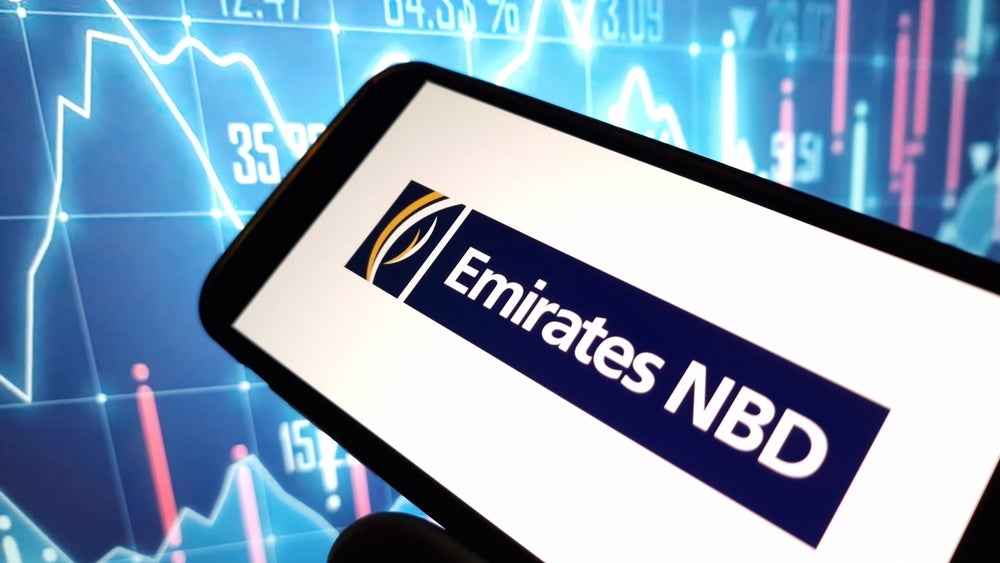
Fears of a recession in Germany could be beneficial to Boris Johnson and his hopes of obtaining a Brexit deal minus the Irish backstop.
With only 70 days remaining until the UK leaves the EU, Boris Johnson has been appealing to his opposite numbers on the continent to gain amendments to the present withdrawal agreement which was rejected by the House of Commons three times.
German chancellor Angela Merkel’s largely conciliatory response to Johnson’s request that the Irish backstop question be revisited may be influenced by concern that a recession is looming in Germany, that would almost certainly diffuse throughout the Eurozone.
Germany breakthrough key to Boris Johnson and Brexit
While French president Emmanuel Macron stated on Thursday that the backstop is indispensable, commentators will contend that Germany is the most important player in Brexit negotiations.
PMI data released on Thursday shows that the economy in Germany is continuing to shrink, albeit at a slower pace.
This is exacerbated by the expectation that EU imports into the US will be subjected to multi-billion dollar tariffs by President Donald Trump.
“The reason why Boris Johnson’s Brexit plan may appear to be gradually gaining traction is not that he is a genius strategist, it is because of the economic headwinds over the EU,” says Nigel Green, CEO of deVere Group.
Merkel challenged Boris Johnson to come up with an alternative solution to the Irish backstop in the next month. This hints that the EU is open to compromise on the matter, despite it previously seeming non-negotiable.
Green adds: “I would suggest that the reason that a ray of hope has appeared in what has until now been a united front from EU member states against Britain’s Brexit stance is because a recession is looming over Germany – the EU’s largest economy – meaning both sides need a good and fair deal more than ever.”






